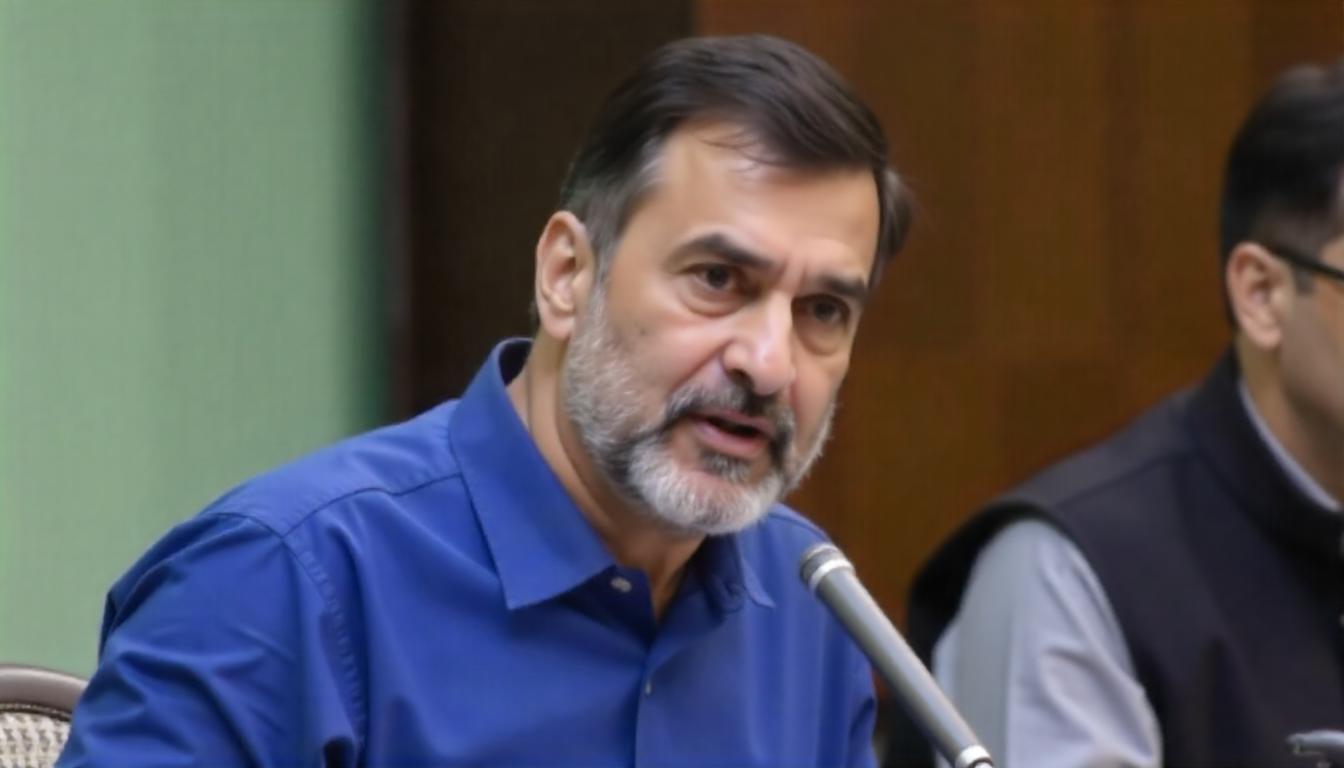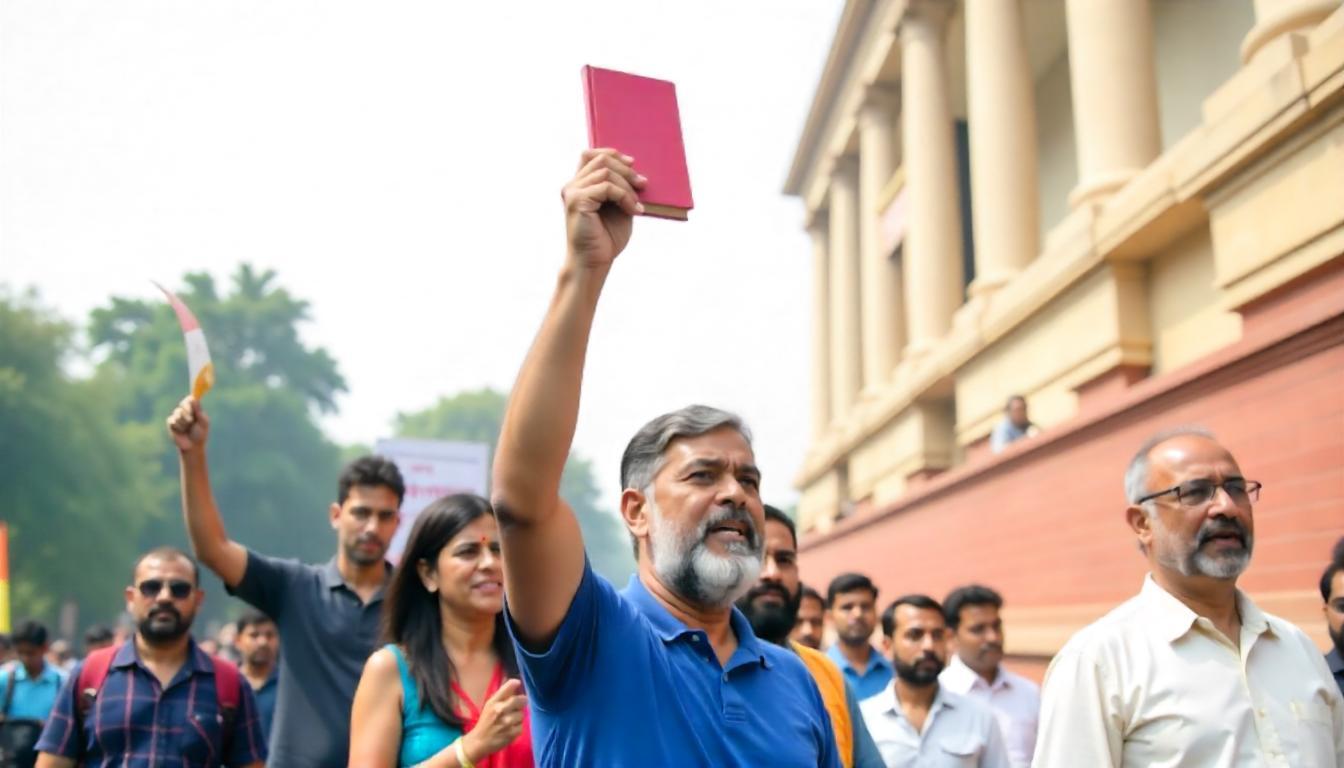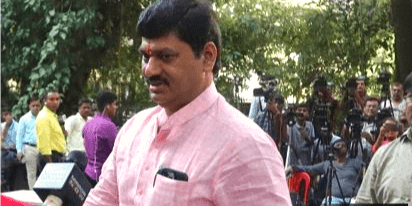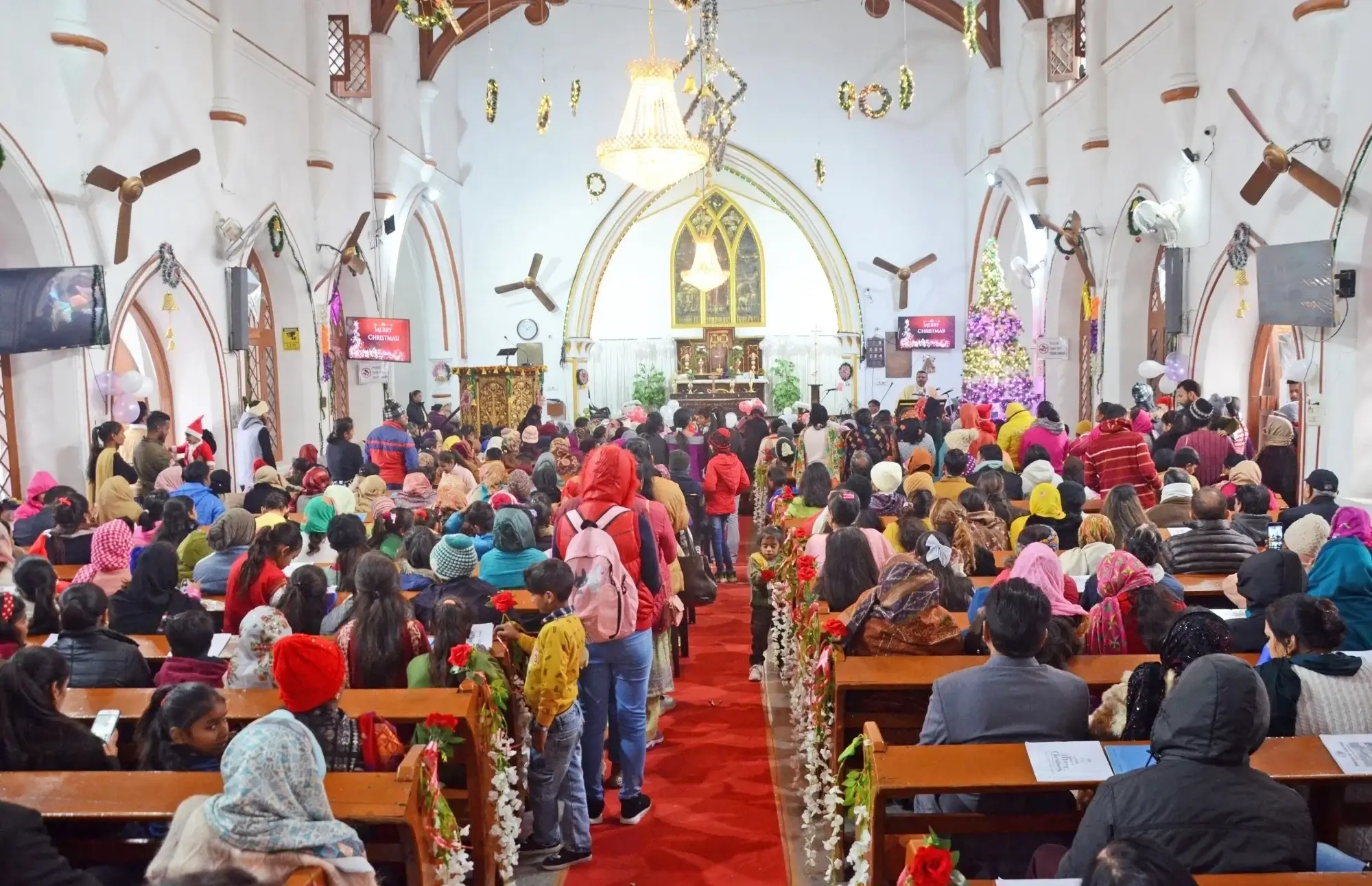Rahul Gandhi’s Recent Violence Allegations: A Controversy That Shocks the Nation
Table of Contents

In a shocking turn of events, Rahul Gandhi, one of India’s most prominent political figures, finds himself embroiled in allegations of violence that have stirred political and public discourse nationwide. The controversy has sparked heated debates about leadership, accountability, and the ethical standards expected of public figures.
This blog delves into the allegations, the reactions they’ve elicited, and their potential implications for Rahul Gandhi’s political career and the Indian National Congress (INC).
The Allegations: What Happened?
Recent reports have linked Rahul Gandhi to an incident of alleged violence during a political rally. According to eyewitness accounts and media coverage, the event turned chaotic, resulting in physical altercations between his supporters and opponents.
While the specifics remain unclear, the allegations suggest that Gandhi’s presence and rhetoric may have indirectly contributed to the escalation of tensions. His detractors accuse him of inciting unrest, while his supporters argue that the violence was a calculated attempt by rival factions to tarnish his image.
Rahul Gandhi’s Response
In the wake of these allegations, Rahul Gandhi has categorically denied any involvement in or endorsement of violence. In a press conference, he stated:
“I have always stood for peace and non-violence. These allegations are baseless and politically motivated. I urge everyone to focus on constructive dialogue rather than divisive narratives.”
His statement aims to reinforce his long-standing image as a leader advocating for democratic values and social harmony.
Public Reaction: A Nation Divided
The controversy has polarized public opinion, with people taking to social media to express their views.
- Supporters of Rahul Gandhi argue that the allegations are part of a smear campaign orchestrated by political rivals. They emphasize his history of advocating for social justice and peaceful protests.
- Critics, however, believe that leaders must take responsibility for the actions of their supporters and that his rhetoric may have inadvertently fueled the unrest.
Political Fallout: Implications for Rahul Gandhi and the INC
The allegations come at a critical juncture for Rahul Gandhi and the Indian National Congress. As the party seeks to rebuild its influence in Indian politics, controversies like these can either galvanize support or erode public trust.
Potential Consequences
- Impact on Public Perception
If the allegations gain traction, they could damage Rahul Gandhi’s reputation as a principled and non-violent leader. - Challenges for the INC
The party may face increased scrutiny, with rivals using the controversy to question its leadership and values. - Opportunity for Rivals
Competing parties could leverage the situation to consolidate their voter base, especially in regions where the INC has a stronghold.
Historical Context: Rahul Gandhi and Non-Violence
Rahul Gandhi has often drawn inspiration from Mahatma Gandhi’s principles of non-violence and truth. Throughout his political career, he has consistently advocated for peaceful protests and democratic dialogue.
This incident, therefore, stands in stark contrast to his public persona, making the allegations even more contentious.
Analyzing the Broader Impact
The controversy surrounding Rahul Gandhi’s recent violence allegations is not just about one individual; it reflects deeper issues within Indian politics.
1. The Role of Political Rhetoric
In a country as diverse as India, political rhetoric holds immense power. Leaders must tread carefully to ensure their words do not inadvertently incite unrest.
2. Accountability in Leadership
While leaders cannot control every action of their supporters, they are often held accountable for the overall tone and conduct of their campaigns.
3. Media and Public Perception
The media’s role in shaping public opinion cannot be understated. How this story is reported and interpreted will significantly influence its impact.
Lessons for Political Leaders
The incident serves as a reminder for political leaders to:
- Promote Unity: Avoid divisive language that could fuel tensions.
- Encourage Accountability: Take responsibility for the actions of their supporters.
- Focus on Constructive Dialogue: Prioritize issues that matter to the public over personal or party rivalries.
Conclusion: The Road Ahead
As the controversy unfolds, it remains to be seen how Rahul Gandhi and the INC will navigate this storm. While his supporters rally behind him, his critics are unlikely to let the issue fade away quietly.
For Rahul Gandhi, this is an opportunity to reaffirm his commitment to peace and accountability. For the Indian political landscape, it’s a moment to reflect on the importance of ethical leadership and constructive discourse.
Regardless of the outcome, the incident underscores the complexities of modern politics, where every action and word is scrutinized under the public and media’s watchful eyes. As citizens, it’s crucial to approach such controversies with a balanced perspective, seeking truth and justice above partisan loyalties.

For more stories: “Punjab’s ‘Rail Roko’ Protest: A Bold Stand Shaping the Nation’s Dialogue” Rahul Gandhi’s Recent Violence Allegations: A Controversy That Shocks the Nation.








Post Comment